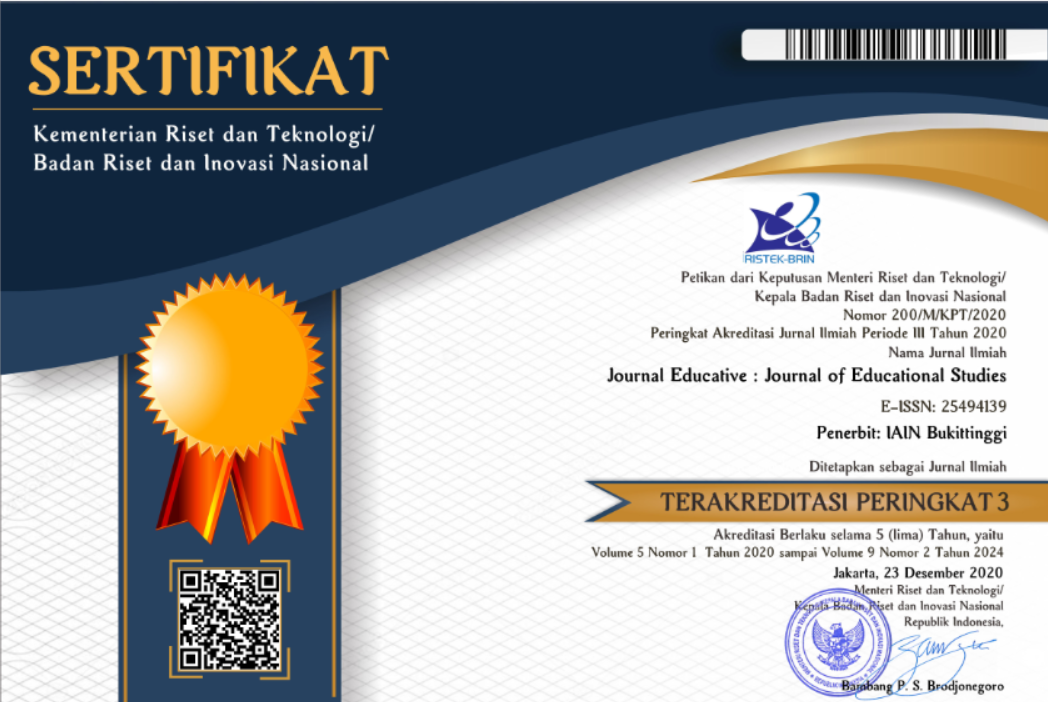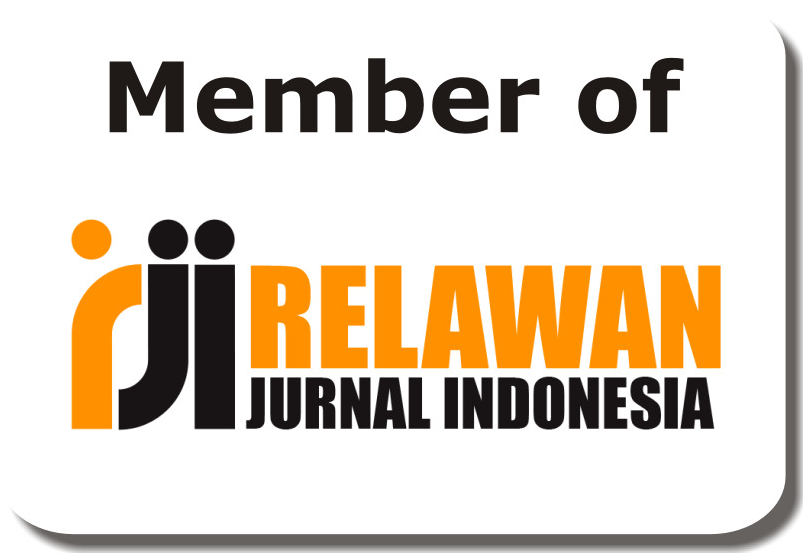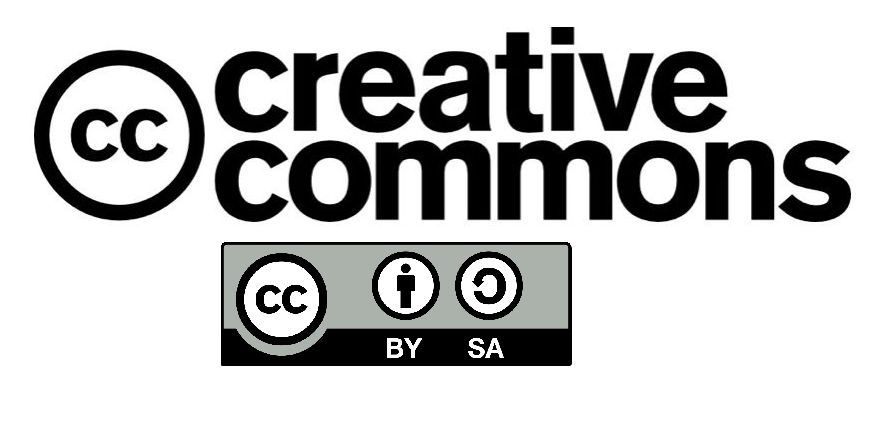Accommodating Stakeholders’ Voices in the Curriculum Development in an Indonesian Higher Education Institution
DOI:
https://doi.org/10.30983/educative.v6i1.3743Keywords:
curriculum development, higher education institution, market demand, stake holder, tracer study.Abstract
This article aims to investigate the accommodation of stakeholders’ voices and it’s challenges in the practices of curriculum development. Using a qualitative approach, the primary data was gathered through in-depth interviews with the head and secretary, and the administrative staff of four Study Programs in The School of Post Graduate Program of one of the leading universities in Yogyakarta, Indonesia. Whereas, secondary data was taken from the documents of curriculum reviews and accreditation documents. The research found that amidst the complexity of involving stake holder’s views within curriculum design, all the four programs have gathered the stake holders’ voices via tracer study, informal discussion during academic meetings and evaluation from the students. The accommodation of stake holders’ voices can be traced in the form of the addition of elective courses, merging of some courses, addition or omission of certain courses in the current curriculum design. However, the practice of curriculum development was challenged by various aspects such as the commitment of Study Programs to maintain their ‘scientific core’ vis a vis addressing market demand given their commitment to improve theories and knowledge, and the limitation of human resource availability
Artikel ini Betjeman untuk meneliti akomodasi terhadap masukan stakeholder serta tantangannya dalam praktik pengembangan kurikulum. Menggunakan pendekatan kualitatif, data primer dikumpulkan melalui wawancara dengan ketua dan sekretaris, dan staf administrasi pada empat program studi di Program Pascasarjana di salah satu universitas terkemuka di Yogyakarta, Indonesia. Sementara itu, data sekunder diambil dari dokumen review kurikulum dan akreditasi. Penelitian ini menemukan bahwa di tengah kompleksitas pelibatan stake holder dalam desain kurikulum, keempat Program Studi mengumpulkan masukan stakeholder melalui tracer study, diskusi informal dalam pertemuan-pertemuan akademik dan evaluasi dari mahasiswa. Akomodasi yang dilakukan Program Study dapat dilacak dalam bentuk penambahan mata kuliah tambahan, penggabungan beberapa mata kuliah, penambahan atau pengurangan mata kuliah tertentu dalam desain kurikulum yang baru. Akan tetapi, pelaksanaan pengembangan kurikulum tersebut menghadapi tantangan berupa komitmen Program Studi untuk mempertahankan ‘inti keilmuan’ dihadapkan dengan bagaimana mengakomodir tuntutan pasar mengingat bahwa Program Studi memiliki komitmen untuk pengembangan teori dan pengetahuan, dan keterbatasan sumber daya manusia di Program Studi.
References
Akbar, R & Mukhtar 2019, 'Evaluasi e-Tracer Study menggunakan HOT (Human-Organization-Technology) Fit Model', Jurnal JTIK (Jurnal Teknologi Informasi dan Komunikasi), vol. 3, no. 2.
Al-Jubran, KM 2020, 'A Stakeholders Approach for Curriculum Development of Master's Degree in Molecular Diagnostics', Advances in medical education and practice, vol. 11, pp. 683-91.
Alexander, IK & Hjortso, CN 2019, 'Sources of complexity in participatory curriculum development: An activity system and stakeholder analysis approach to the analyses of tensions and contradictions', Higher Education, vol. 77, no. 2, pp. 301-22.
Annie, MNW & Hamali, J 2006, 'Higher Education and Employment in Malaysia', International Journal of Business and Society, vol. 7, no. 1, pp. 102-20.
BPS 2020, Berita Resmi Statistik Keadaan Ketenagakerjaan Indonesia Agustus 2020. <https://www.bps.go.id/pressrelease/2020/11/05/1673/agustus-2020--tingkat-pengangguran-terbuka--tpt--sebesar-7-07-persen.html>.
Bueno, DC 2017, 'Ascertaining the Curriculum Relevance of the Graduate School through Tracer Study in a Philippine Private Higher Education Institution', JPAIR Multidisciplinary Research, vol. 28, no. 1.
Cerado, EC, Falsario, MJS, Estrellan, JC & Paculanan, ARM 2020, 'Enhancing higher education programs through a graduate survey', International Journal of Current Research, vol. 12, no. 7.
Cohen, L, Manion, L & Morrison, K 2007, Research Methods in Education Sixth edition, Routledge. , London and New York.
Cosser, M 2009, 'The Skills Cline: Higher Education and the Supply-Demand Complex in South Africa', Higher Education Journal, vol. 59, pp. 43-53.
Curbano, RJP & Bustamante, RV 2018, 'Graduate Tracer Study for IndustrialEngineering Program from Batch 2013 to 2015', in SF Tang & SE Cheah (eds), Redesigning Learning for Greater Social Impact Taylor’s 9th Teaching and Learning Conference 2016 Proceedings 1st ed. 2018. edn, Singapore : Springer Singapore : Imprint: Springer, Singapore.
DIKTI 2012, Kerangka Kualifikasi Nasional Indonesia, Direktorat Jenderal Pendidikan Tinggi Kementerian Pendidikan dan Kebudayaan RI,
DIKTI, K 2019, Panduan Penyusunan Kurikulum Pendidikan Tinggi di Era Industri 4.0, Direktorat Jenderal Pembelajaran dan Kemahasiswaan Kemristek DIKTI Jakarta.
Duggan, B & Dermody, B 2005, 'Design Education for the World of Work : A Case Study of A Problem Based Learning (PBL) Approach to Design Education at Dublin Institute of Technology (DIT)', in T Barret, I Mac Labhrainn & H Fallon (eds), Handbook of Enquiry and Problem Based Learning, Galway, CELT.
Echevarria, DG 2009, 'The Contribution of Higher Education to Economic Development in A Globalized Environment', Florida University Miami, Florida.,
Flomo, JS, Jr. 2013, Aligning higher education to workforce needs in Liberia: A tracer study of university graduates in Liberia, ProQuest Dissertations Publishing.
Hazaymeh, ENM & Peña, MKD 2017, 'A Tracer Study of La Salle University College of Engineering Graduates', vol. 18, no. 1.
Jakson, N, Oliver, M, Shaw, M & Wisdom, J 2006, Developing Creativity in Higher Education an Imaginative Curriculum, Routledge, London and New York.
Kouwenhoven, W 2009, 'Competence-based Curriculum Development in Higher Education: some African Experiences', in A Lazinica & CT Calafate (eds), Technology Education and Development, IntechOpen.
Lubis, C 2004, 'Need Assessment Dalam Pengembangan Kurikulum Untuk Peningkatan Mutu Pembelajaran Mata Kuliah KB-Kesehatan Reproduksi Pada Akademi Kebidanan di Jawa Tengah dan Jawa Timur', Ilmu Kesehatan Masyarakat Jurusan Ilmu-Ilmu Kesehatan, Universitas Gadjah Mada, Yogyakarta.
Millington, C 2008, 'The Use of Tracer Studies for Enhancing Relevance and Marketability in Online and Distance Education'.
Nyasulu, C, Chawinga, W & Chipeta, G 2019, 'A Tracer Study of ICT Graduate Students at Mzuzu University, Malawi', Mousaion, vol. 36, no. 3.
O'Riordan, F 2018, 'Transformational pedagogy through curriculum development discourse', ijil, vol. 23, no. 2, pp. 244-60.
Patria, B 2012, 'Change Management in the Higher Education Context: A Case of Student-Centered Learning Implementation', International Journal of Education, vol. 4, no. 4, pp. 176-91.
Prihatiningsih, TS 2013, Trans-, Multi- dan Inter- Disciplinary Higher Education, Sekolah Pascasarjana Universitas Gadjah Mada, Yogyakarta.
Schomburg, H 2003, Handbook for Tracer Studies, Centre for Research on Higher Education and Work, University of Kassel, Germany.
Shay, S 2012, 'Conceptualizing curriculum differentiation in higher education: a sociology of knowledge point of view', British Journal of Sociology of Education, vol. 26, no. 4, pp. 1-20.
Sims, M 2020, Bullshit Towers Neoliberalism and Managerialism in Universities Margaret Sims, 1st, New ed. edn, Oxford Peter Lang Ltd, International Academic Publishers, Oxford.
Sudarman, Y 2011, 'Evaluasi Pelaksanaan Kurikulum Berbasis Kompetensi di Poltekkes Kementerian Kesehatan Jurusan Keperawatan Prodi Keperawatan Palu', Prodi Magister Ilmu Pendidikan Kedokteran, Universitas Gadjah Mada, Yogyakarta.
Sugiyono 2013, Metode Penelitian Pendidikan Pendekatan Kuantitatif, Kualitatif, dan R & D, Alfabeta, Yogyakarta.
Sunderman, JA 2011, 'Curriculum R&D: Incubating Change in Higher Education', Graduate College, the University of Illinois Urbana-Champaign, USA.
Taylor, P 2000, 'Improving forestry education through participatory curriculum development: a case study from Vietnam', The Journal of Agricultural Education and Extension, vol. 7, no. 2, pp. 93–104.
Teichler, U 2009, Higher Education and the World of Work Conceptual Frameworks, Comparative Perspectives, Empirical Findings., Sense Publishers, Rotterdam/Taipei.
Wolf, P 2009, 'A Model for Facilitating Curriculum Development in Higher Education: A Faculty-Driven, Data-Informed, and Educational DevelopersSupported Approach', in AF Chavez (ed), Curriculum development in Higher Education: Faculty-Driven Processes and Practices, Jossey-Bass, San-Francisco.
Wolhuter, CC & Wiseman, AW 2013, 'The incalculable promise of the African continent: higher education rising to the occasion?', in AW Wiseman & CC Wolhuter (eds), Development of higher education in Africa: prospects and challenges, Emerald Group Publishing, West Yorkshire.
Yulistini, Y, Elliyanti, A, Harminarti, N, Ashal, T & Ilmiati, I 2015, 'TRACER STUDY FK UNAND 2008 : PERSEPSI ALUMNI TERHADAP PELAKSANAAN PENDIDIKAN KEDOKTERAN DI FAKULTAS KEDOKTERAN UNIVERSITAS ANDALAS', Majalah kedokteran Andalas, vol. 34, no. 2, p. 167.
Downloads
Published
Issue
Section
Citation Check
License
Authors who publish with this journal agree to the following terms:
1. Authors retain copyright and grant the journal right of first publication with the work simultaneously licensed under a Creative Commons Attribution License that allows others to share the work with an acknowledgment of the work's authorship and initial publication in this journal.
2. Authors are able to enter into separate, additional contractual arrangements for the non-exclusive distribution of the journal's published version of the work (e.g., post it to an institutional repository or publish it in a book), with an acknowledgment of its initial publication in this journal.
3. Authors are permitted and encouraged to post their work online (e.g., in institutional repositories or on their website) prior to and during the submission process, as it can lead to productive exchanges, as well as earlier and greater citation of published work (See The Effect of Open Access).










